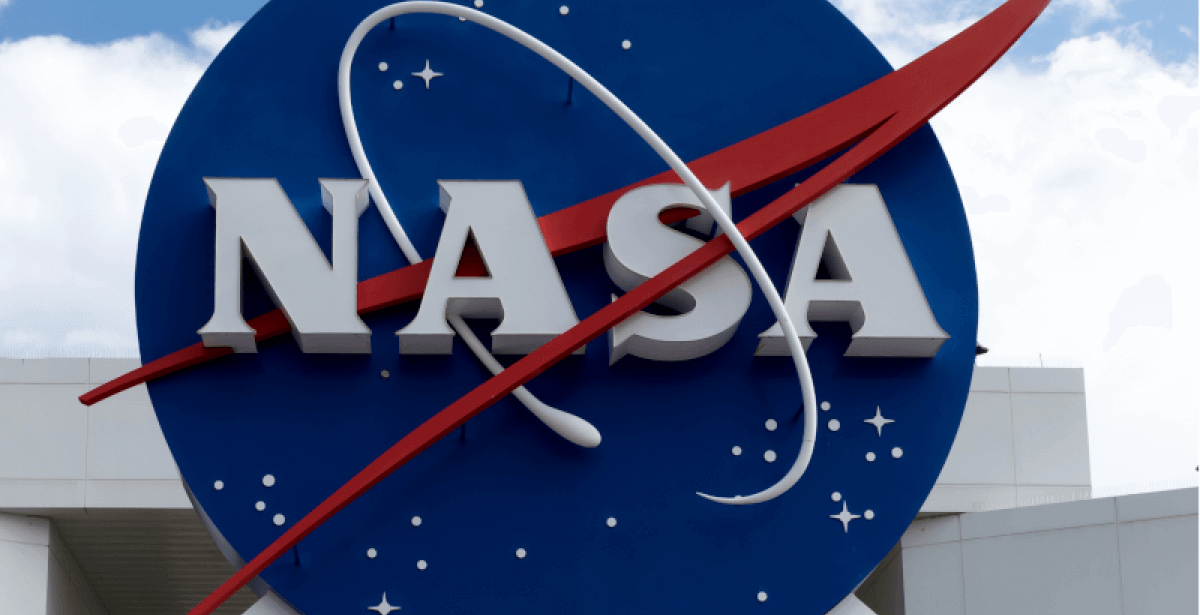
Women in Engineering: NASA Team Pivots to Make Ventilators
By Angela Britcher, M.A.
Instructional Designer
Kettering Global
When the U.S. needed new medical equipment, NASA's Jet Propulsion Lab (JPL) pivoted quickly turning its attention to making ventilators in a project called VITAL. Stacey Boland is one of the team members who moved to the VITAL project from her usual role as the project systems engineer for Multi-Angle Imager for Aerosols (MAIA) at JPL. Boland received her B.S. degree in physics from the University of Texas at Dallas and her M.S. and Ph.D. degrees in mechanical engineering from California Institute of Technology. She has led numerous mission and instrument concept studies and was a member of the Steering Committee for the 2017 Decadal Survey for Earth Science and Applications from Space.

Stacey talked to Kettering University Online about what makes their diverse team successful on the VITAL project and offers advice and inspiration for girls and young women to reach their STEM goals.
Jennifer Levy: Tell us about the importance of the VITAL project.
Stacey Boland: The VITAL project is helping to address a potential shortage of ventilators due to the COVID-19 pandemic. It has been a privilege to get to work on something that has the potential to help people, even while working from home.
JL: Tell us about working on a diverse team and the importance of sharing different perspectives when working together.
SB: This project is all about teamwork. None of us started out as experts in this field, and we were all on a steep learning curve together. It was valuable to have team members with different backgrounds and perspectives to look at things from different angles and share their thoughts along the way. I think the team's approach of actively listening to each other, and inviting feedback, is part of what helped us stay on course. We are all different, yet we all share a common focus and feel a sense of urgency to address the challenge.
JL: Describe some of the lessons learned from shifting gears so quickly from working on typical JPL projects to the ventilator project. How will these lessons impact future projects?
SB: There wasn't enough time for the "normal" flow of engineering, so we learned to adapt. Instead of working on one piece of the project at a time, we learned to get comfortable working on many parts at the same time. Instead of working things out over months and years, we worked on a timeline of hours and days. We also learned how to use quite a few collaborative tools and how to communicate effectively while working remotely. It was a bit of trial and error and trial by fire at the same time! Now, we're actively thinking about what worked well and how that might help other projects.
JL: What advice do you have for girls and young women considering STEM careers?
SB: Follow your passion and try not to worry too much about any one step in your career path. While some choices might make things easier and some harder, few ever turn out to be fully “right” or “wrong.” Also, know that it’s ok to not know the answer to something. If you learn how to learn, and always remain eager to learn, then there’s no limit to what you can do.
Schedule a call with an Enrollment Advisor
JL: Any final thoughts on the project?
SB: All along the way, we benefitted from advice and support from the medical community, medical device manufacturers, and even the regulatory community. There’s no doubt that we’re all in this together and I’m grateful for having been able to work with such an incredible team.
Kettering University Online
Education is key to gaining the skills to manage engineering projects, work on an agile team, and to achieve new goals like the members of the JPL VITAL project team. If you would like more information on how a Kettering University Online program can help you achieve your goals, talk to an advisor.
For 100 years, Kettering has been a pioneer in education, leading the world of academia with applied learning and practical ways to meld classroom learning and real-world education. Kettering University Online (KUO) applies the same approach to the online classroom. With a Learn Today-Use Tomorrow philosophy in all courses, students can meet the challenges of their organizations and workplaces.
Kettering University ranks #1 in Return on Investment. KUO’s masters and certificate programs are 100% online. Drive the future with the newest master’s program: MS Engineering – ECE Advanced Mobility. In this cutting-edge, one-of-a-kind program, engineers are equipped with the technical expertise to play an integral role in the development of electric and autonomous vehicles, mobile robotics and other dynamic systems. This program is specifically designed to meet growing demands within the automotive and advanced mobility industry, and it focuses on systems essential to the future of transportation. Additional online master’s degrees from Kettering University include MS in Operations Management, MS in Supply Chain Management, MS in Engineering Management, MS in Data Science, MBA, and MS in Lean Manufacturing.

